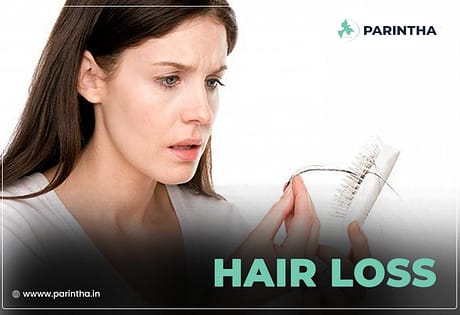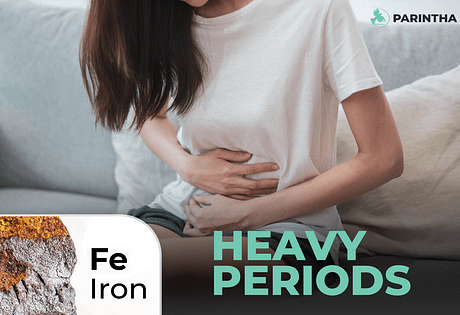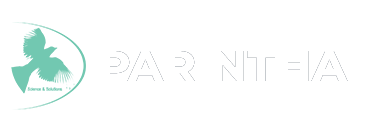
Iron deficiency and anemia are significant concerns among athletes, particularly in female athletes. Due to increased physical activity and other factors, athletes may experience higher rates of iron deficiency and iron-deficiency anemia, impacting their performance and overall health.
Iron Deficiency in Athletes
Exercise-Induced Iron Loss: Athletes are prone to iron deficiency due to increased iron requirements from hard training, which promotes red blood cell production and iron loss through sweating.
Prevalence: In female marathon runners, the prevalence of iron deficiency is as high as 28%, much higher than the general female population (11%).
Causes of Iron Deficiency
Increased Iron Demand: Intense training increases the body’s need for iron due to the production of red blood cells and the increased oxygen demand for muscle function.
Iron Loss: Athletes can lose iron through sweating, gastrointestinal bleeding, and urinary tract blood loss during exercise.
Exercise Induced Haemolysis: Mechanical forces and oxidative stress during exercise can cause the breakdown of red blood cells.
Dietary Restrictions: Athletes following restricted diets (e.g., vegetarian or vegan) may struggle to obtain sufficient iron from food sources.
Menstrual Blood Loss: Female athletes may experience higher iron losses with the loss of blood during menstruation
Inflammatory Response: Inflammation during exercise can lead to decreased iron absorption.
Impact on Performance
Impaired Performance: Iron deficiency and anemia can decrease athletic performance, impair immune function, and cause other physiological dysfunctions.
Iron Deficiency without Anemia: Even non-anemic iron deficiency can affect exercise performance, particularly during aerobic activity.
Preventive Measures
Nutritional Interventions: Monitoring dietary intake and adhering to the recommended dietary allowance for iron can help prevent iron deficiency.
Supplementation: In populations where anemia prevalence exceeds 40%, daily iron and folic acid supplementation for three months should be considered.
Dietary Recommendations:
- Include lean red meat, chicken, fish, nuts, and legumes in the diet.
- Vegetarians and vegans should regularly eat iron-rich plant foods like lentils, baked beans, and breakfast cereals.
- Consuming vitamin C-rich foods can enhance iron absorption.
High-Risk Groups
Vegetarians: Those who refrain red meat intake may face a higher risk of iron deficiency.
Energy Restricted Diets: Diets lacking in variety and nutrient density can contribute to iron deficiency.
Other Factors: Those with poor quality food choices and inconsistent eating habits.
Conclusion
Iron deficiency and anemia are common issues among athletes, especially female and adolescent athletes, or those following vegetarian or vegan diets. Maintaining optimal iron levels through proper nutrition, supplementation, and monitoring is essential for supporting athletic performance and overall health. Early detection and management of iron deficiency are crucial for preventing negative impacts on performance and well-being.
- Br J Gen Pract. 2015; 65(634): 268–269.
- Am J Clin Nutr 2000;72(suppl):594S–597S.
- Am J Dis Child. 1988;142(2):165-169.
- J Nutr. 1992; 122(3): 782–787
- Sports Dietitians Australia
- American Society for Nutrition, Energy and Macronutrient Metabolism, 2019, Feb. 5.
Related posts
 06Aug
06Aug
Iron Deficiency and Its Impact on Hair Loss
 26Apr
26Apr
Iron Deficiency and Heavy Periods
 19Apr
19Apr
